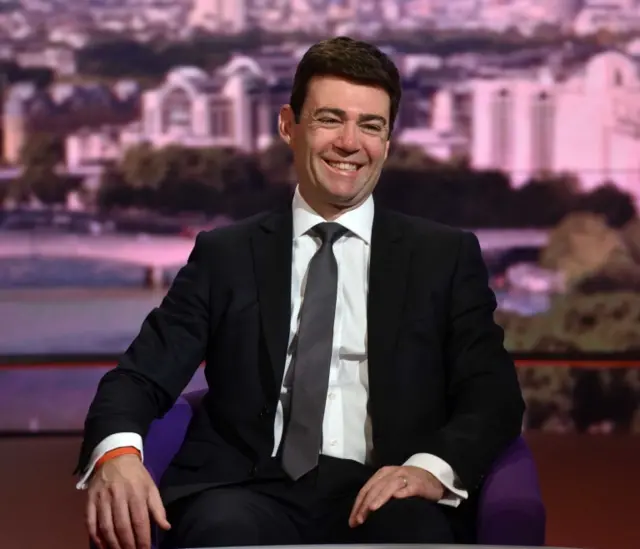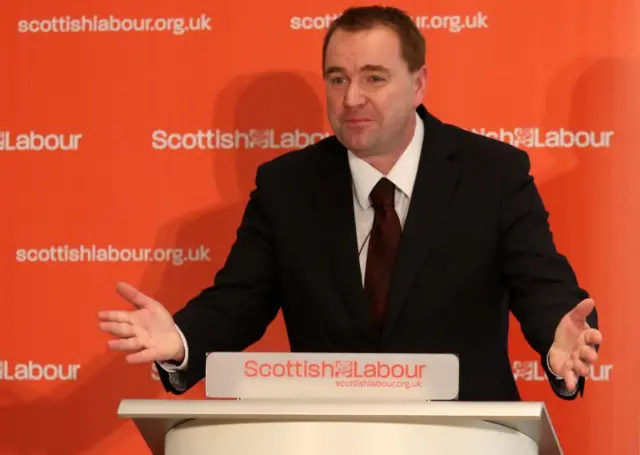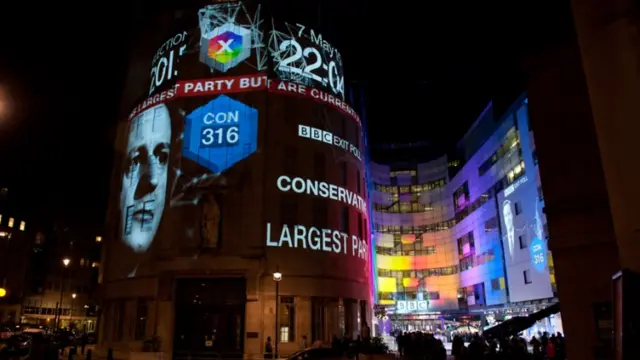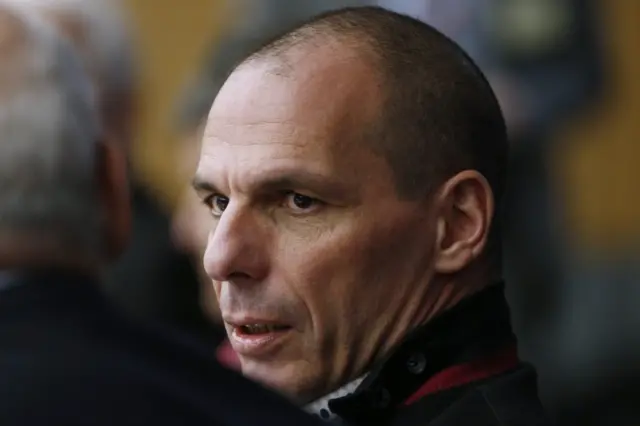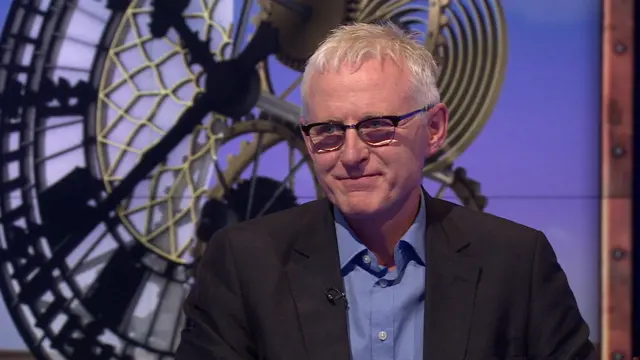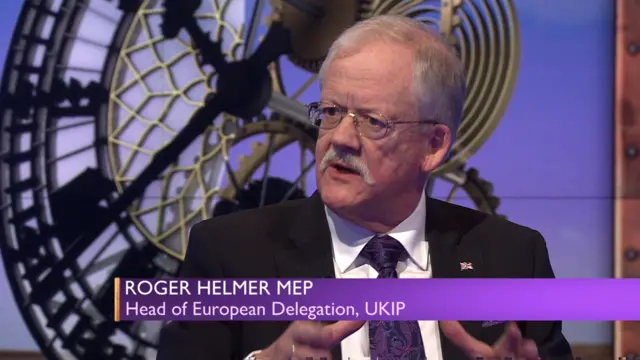Sunday round-uppublished at 16:57
That's all from us on this fine Sunday. Before we go, here's a recap of some of the bigger stories:
Unite's affiliation to Labour could be reconsidered unless the party shows it represents working people, the union's leader, Len McCluskey says
Labour leader hopefuls Andy Burnham and Mary Creagh agree there should be an early referendum on the UK's membership of the EU
UKIP's deputy chairman Suzanne Evans tells her boss - Nigel Farage - to take a two-week holiday, as she insists the party is not a one man band
Coasting schools will face quicker government intervention, Education Secretary Nicky Morgan says
And when the election exit polls came out, Ed Miliband cried out - "It must be wrong!" (see 15:12 entry)
Thanks for sticking with us. Good evening.
